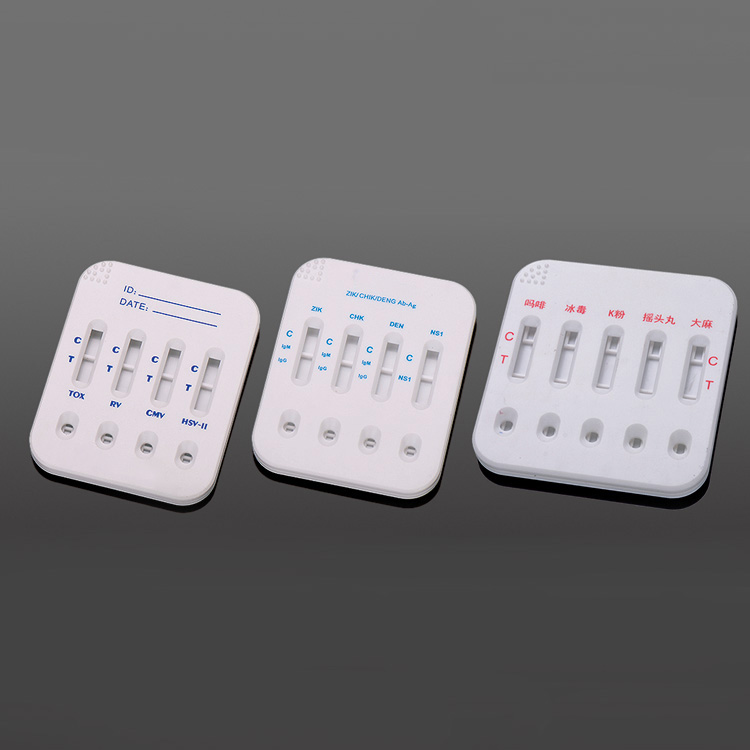Oct . 07, 2024 05:02 Back to list
antigen rapid test covid 19, covid home test, covid home test kit
The Role of Antigen Rapid Tests and Home Test Kits in COVID-19 Management
The COVID-19 pandemic has redefined how we approach health and safety. Among the various tools that have emerged to help control the spread of the virus, antigen rapid tests and home test kits have become essential components in our arsenal against COVID-19. These tests provide a quick and accessible means of detection, which is crucial in managing this infectious disease.
Antigen rapid tests are specifically designed to detect the presence of viral proteins, indicating an active infection. One of the significant advantages of these tests is their speed; results can often be obtained within 15 to 30 minutes. This rapid turnaround allows individuals to make timely decisions regarding isolation and seeking medical care, thus helping to prevent further transmission of the virus.
Moreover, antigen tests are relatively easy to use, which makes them suitable for widespread deployment. Their user-friendly nature means that individuals can perform the tests with minimal supervision. However, it is important to understand that while these tests are highly effective at detecting active infections, they are less sensitive than PCR tests. Therefore, a negative result from an antigen test, particularly in symptomatic individuals, may need to be confirmed with a PCR test.
antigen rapid test covid 19, covid home test, covid home test kit

Home test kits for COVID-19 have gained popularity as they offer a level of convenience and privacy not found in traditional testing sites. With a home test kit, individuals can test themselves in the comfort of their homes, reducing the need for unnecessary travel and waiting times in crowded clinics. This is especially beneficial for those who might have difficulty accessing testing facilities or who wish to maintain social distancing.
Most home test kits are designed for ease of use, typically involving a simple nasal swab followed by a straightforward process to obtain results. Many kits provide results within a similar timeframe as antigen tests, allowing users to quickly identify their status. Furthermore, the widespread use of home test kits can contribute to a better understanding of community transmission trends, as people are more likely to test themselves regularly.
However, it's vital for users to adhere to the instructions carefully and to be aware of the limitations inherent in home testing. Often, these kits are intended for self-screening purposes and may not substitute for professional medical advice when symptoms arise or if there's a significant exposure risk.
In conclusion, antigen rapid tests and COVID-19 home test kits play a pivotal role in the ongoing battle against the coronavirus. Their accessibility, speed, and ease of use empower individuals and communities to take proactive measures in managing their health. As we continue to navigate the pandemic, these tools will remain crucial in our efforts to curb the spread of COVID-19 and in promoting public health safety.
-
Malaria Pf Ag Rapid Test Kit - Quick & Accurate Detection
NewsAug.11,2025
-
Accurate Cardiac Marker CK-MB Rapid Test for Quick Results
NewsAug.10,2025
-
Premium Empty ABS Plastic Cassette for Test Strips
NewsAug.09,2025
-
Sterile Urine Cup: Accurate Specimen Collection for Labs & Home
NewsAug.08,2025
-
Malaria Pf/Pan Ag Rapid Test Kit for Fast, Accurate Diagnosis
NewsAug.07,2025
-
Rapid Canine Corona Test: Fast & Accurate Results
NewsAug.06,2025

